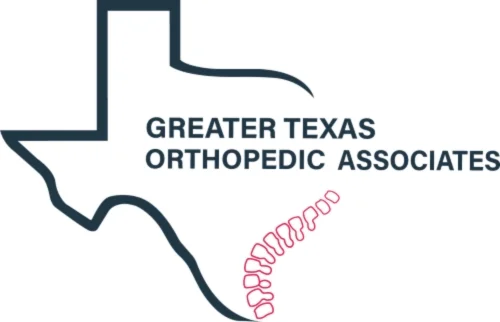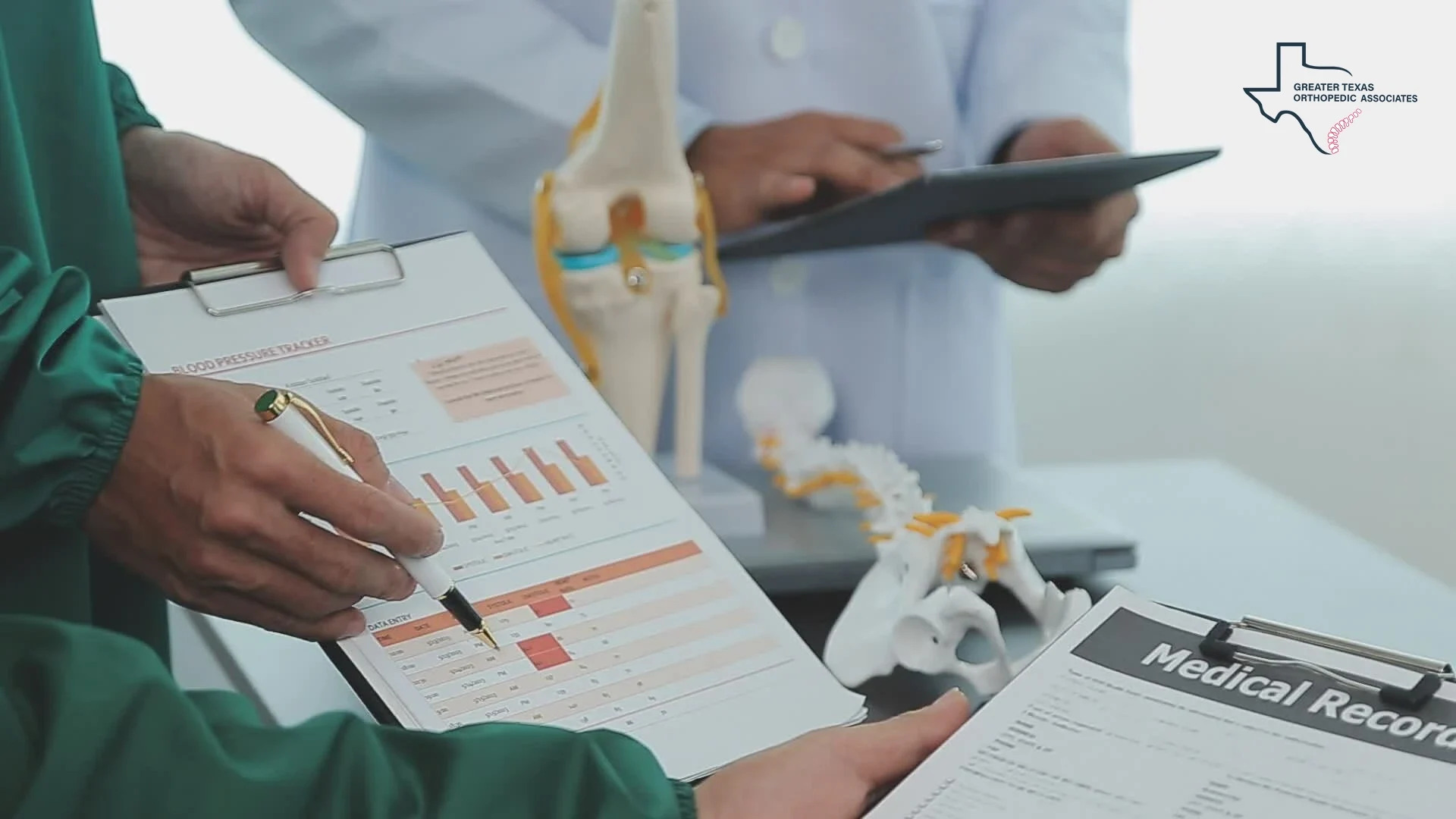The Role of Lien Doctors in Personal Injury Cases
For personal injury attorneys, the path to a successful settlement is paved with meticulous legal strategy, compelling evidence, and, crucially, robust medical documentation. A significant challenge in this process arises when clients, often facing financial hardship after an accident, are unable to afford the necessary medical care. This is where lien doctors become indispensable partners. These medical professionals agree to provide treatment on a lien basis, deferring payment until the personal injury case settles or a judgment is awarded. This arrangement ensures clients receive immediate, specialized care without upfront costs, which is not only vital for their recovery but also for the strength of their legal claim.
For attorneys, navigating the world of medical liens and finding reliable medical partners can be a complex endeavor. Dealing with liens and unpaid medical providers can often feel like a massive headache that consumes a significant portion of a practice’s resources. The work involved in negotiating these claims is frequently more complicated than settling the underlying case itself. This guide provides an authoritative overview of why collaborating with physicians on a lien basis is a cornerstone of modern personal injury practice. It also provides practical advice on how to find the right medical partners to ensure the best outcomes for your clients.
Understanding the Role of Medical Liens in Personal Injury Cases
A medical lien is a legally binding agreement that allows a patient to receive medical treatment with the understanding that the provider will be paid from the future settlement or court award. It is a legal claim a medical provider has on a potential settlement to ensure they are reimbursed for the services they rendered. Liens can be either contractual, where the patient and attorney agree to the terms, or statutory, such as those established by programs like Medicare or state hospital lien acts. Essentially, the healthcare provider places a legal claim on a portion of the settlement funds to cover the cost of services rendered.
This system serves two primary purposes. First, it ensures that accident victims have access to immediate and ongoing medical care, regardless of their financial situation or insurance status. Many clients are perplexed as to why they must repay their health insurance company after paying premiums for years, but subrogation rights often require it.
Second, it allows medical providers to offer care with a reasonable assurance of eventual payment, though they assume the risk that the case may not result in a settlement.
Attorneys play a critical role in managing these arrangements. Under the ABA Model Rules of Professional Conduct, lawyers have an ethical obligation to protect third-party claims against settlement funds. This includes notifying lienholders when funds are received, holding disputed funds in a trust account, and ensuring valid liens are paid before disbursing the remainder to the client. Some state bars, like California’s, have affirmed that attorneys have a fiduciary obligation to a lien claimant. This personal injury attorney medical lien responsibility underscores the importance of a structured and transparent process. Simply disbursing funds to the client and instructing them to pay the liens is ethically and legally faulty and can lead to very unhappy clients facing collection efforts.
The Strategic Advantage of Working with Doctors on a Lien
For a personal injury practice, the benefits of working with doctors on a lien extend far beyond simply getting a client’s medical bills covered. The collaboration creates a symbiotic relationship that strengthens the case from the ground up.
1. Immediate Access to Specialized Care
After an accident, many primary care physicians are hesitant to treat patients due to the complexities of third-party billing. Furthermore, health insurance policies often contain subrogation clauses, meaning the insurer will seek reimbursement from any settlement, which can complicate and delay care. Lien doctors specialize in treating injuries common in personal injury cases such as whiplash, spinal misalignments, herniated discs, and soft tissue damage and are adept at navigating the associated billing procedures. This ensures clients receive prompt, specialized evaluations and treatment from orthopedic specialists, neurologists, chiropractors, and physical therapists who understand the nuances of their condition. This immediate care is crucial, as delaying treatment can worsen injuries and negatively impact a legal claim.
2. Comprehensive and Credible Medical-Legal Documentation
One of the most significant advantages of working with doctors on a lien is their expertise in medical-legal documentation. Unlike a standard family doctor, physicians experienced in injury law cases understand that their records are not just for clinical purposes they are crucial evidence. These providers meticulously document the extent of injuries, the causation, the treatment timeline, and the prognosis.
This detailed documentation is invaluable for:
Proving Damages: Clear, authoritative medical records help establish the full scope of a client’s physical and emotional suffering.
Establishing Causation: Experienced providers can draw a direct line between the accident and the injuries, countering defense arguments that the conditions were pre-existing or unrelated. This is particularly important for conditions like chronic back pain, which can result from arthritis of the spine, spinal stenosis, or herniated disks following an injury.
Maximizing Settlement Value: Well-documented medical evidence provides the leverage needed during negotiations with insurance adjusters, often leading to higher settlement offers.
For more information on the types of specialized treatments that strengthen a case, explore the services offered at GTOA, including Neurosurgery and Pain Management.
3. Streamlined Communication and Coordination
A successful personal injury case requires seamless coordination between the legal and medical teams. Doctors who regularly work on a lien basis are accustomed to communicating with law firms. They understand the legal process, respond promptly to requests for records, and can provide clear, expert testimony if the case goes to trial. This collaborative spirit minimizes administrative bottlenecks and allows the attorney to focus on legal strategy rather than chasing down medical paperwork.
This dynamic is especially important when dealing with multiple providers or complex injuries. A network of trusted lien doctors ensures a coordinated approach to care, from initial diagnosis with an MD to rehabilitation with a physical therapist, all documented in a way that builds a coherent and compelling narrative for the case.
How to Find Doctors on a Lien: A Practical Guide for Attorneys
Identifying and vetting the right medical partners is a critical task for any personal injury firm. The quality of care and documentation can make or break a case. Here’s a step by step approach to building a reliable network.
Step 1: Utilize Specialized Directories and Networks
The most efficient starting point for attorneys asking how to find doctors on a lien is to use dedicated online directories. These platforms curate extensive networks of vetted medical professionals who specialize in personal injury care and work on a lien basis. These services allow you to search by specialty (e.g., orthopedic surgery, neurology, pain management) and location, making it simple to find qualified providers for your clients. These networks save valuable time and provide peace of mind that the physicians listed are experienced in the personal injury field.
Step 2: Seek Referrals and Check Credentials
While directories are an excellent starting point, personal referrals from trusted colleagues can provide invaluable insight. Ask other personal injury attorneys in your area which providers they have had positive experiences with. When considering a new medical partner, it’s essential to perform due diligence:
Verify Credentials: Ensure the doctor is board-certified in their specialty and has a clean disciplinary record.
Review their CV: Look for experience in treating accident-related injuries and any history of providing expert testimony.
Assess Their Reputation: Check online reviews from both patients and other attorneys. A history of professionalism and effective treatment is a strong indicator of a reliable partner.
Step 3: Conduct an Initial Consultation and Formalize the Agreement
Before referring a client, have a direct conversation with the physician or their office manager. This is your opportunity to set expectations and ensure alignment. Key questions to ask include:
Are you comfortable working with doctors on a lien, and what are your standard lien agreement terms?
What is your process for providing medical records and reports to the attorney’s office?
Do you have experience with depositions or testifying in court?
How do you handle communication regarding a patient’s treatment progress and prognosis?
This initial discussion helps establish a professional relationship and ensures that both parties understand their roles and responsibilities. A well-drafted personal injury attorney medical lien agreement is critical to formalize this relationship and protect all parties involved. It should clearly outline the payment terms and specify the attorney’s fiduciary duty to honor the lien from the settlement funds. It’s crucial that both the patient and the attorney sign the lien to bind them to its terms.
📌For a deeper dive into the types of specialists available for legal cases, review GTOA’s page on Orthopedic Evaluations.
Step 4: Evaluate the Patient Experience
Ultimately, the quality of your medical network is reflected in your clients’ experiences. A good medical partner not only provides excellent clinical care but also treats patients with professionalism and compassion. After a client has been treated by a new lien-based provider, follow up to ask about their experience. Was the staff friendly and helpful? Did they feel their concerns were heard? A positive patient experience contributes to client satisfaction and reflects well on your firm’s reputation.
Managing the Lien Resolution Process Effectively
Once a settlement offer is on the table, the attorney’s role shifts to resolving the outstanding medical liens. This process is often more complex than settling the underlying claim itself. The goal is to negotiate reductions with the lienholders to maximize the client’s net recovery while fulfilling all ethical and legal obligations.
Negotiation Tips
The negotiation process should begin before the third-party settlement is finalized. This gives the attorney significant leverage, as lien claimants are often more willing to negotiate when they understand that an inflexible stance could cause the entire settlement to fall apart. Presenting the lienholder with a clear breakdown of the settlement amount, attorney’s fees, costs, and other competing claims can help justify a request for reduction.
It is equally important to maintain clear and consistent communication throughout the process. Keeping lien claimants informed about case progress including mediation dates and ongoing settlement discussions helps them understand the case’s value and potential risks. Some attorneys even prepare short written summaries of key developments to reinforce the client’s position and create a documented record of transparency. This extra effort can make final negotiations smoother and reduce the chance of last-minute disputes.
Outsourcing Benefits
Outsourcing lien resolution to specialized services can also be a strategic move for law firms, freeing up valuable staff time to focus on case development and client acquisition. This approach reduces administrative bottlenecks, ensures compliance with complex laws, and leverages expert negotiation against powerful recovery vendors.
In addition to saving time, experienced third-party lien resolution companies often have established relationships with medical providers and insurance representatives. These connections can accelerate approvals and secure deeper reductions than a typical in-house team might achieve. For many busy personal injury attorneys, partnering with such experts not only preserves resources but also helps deliver a higher net recovery for clients while protecting the firm from avoidable legal exposure.
Building Strategic Medical Partnerships
The relationship between a personal injury attorney and a network of trusted lien doctors is fundamental to achieving success for injured clients. These medical professionals do more than just provide treatment; they become strategic partners who deliver the expert care and credible documentation needed to build a powerful legal case. By facilitating access to care without upfront costs, they ensure clients can focus on healing while attorneys focus on securing justice.
For attorneys wondering how to find doctors on a lien, the key lies in leveraging specialized networks, seeking trusted referrals, and conducting thorough due diligence. A robust network of lien doctors ensures that when a client is injured, their medical needs are met promptly and professionally, forming the bedrock of a strong personal injury attorney medical lien strategy. By cultivating strong relationships with experienced, reliable medical providers, you not only enhance your ability to secure fair compensation for your clients but also strengthen your firm’s reputation for excellence and client-centered advocacy.
To explore the types of specialists who can strengthen your cases, you can visit GTOA’s Services page and review the range of experts available. Building these professional connections takes time and careful vetting, but the payoff a streamlined process and improved outcomes for your clients is worth the investment.
If you’re a personal injury attorney seeking dependable medical partners, consider reaching out to discuss building a trusted lien doctor network tailored to your clients’ needs. This simple next step can help you secure both better medical outcomes for injured individuals and stronger results for your legal practice.






